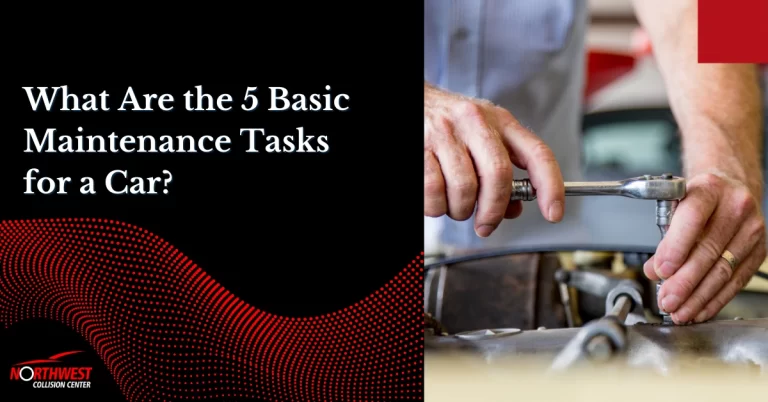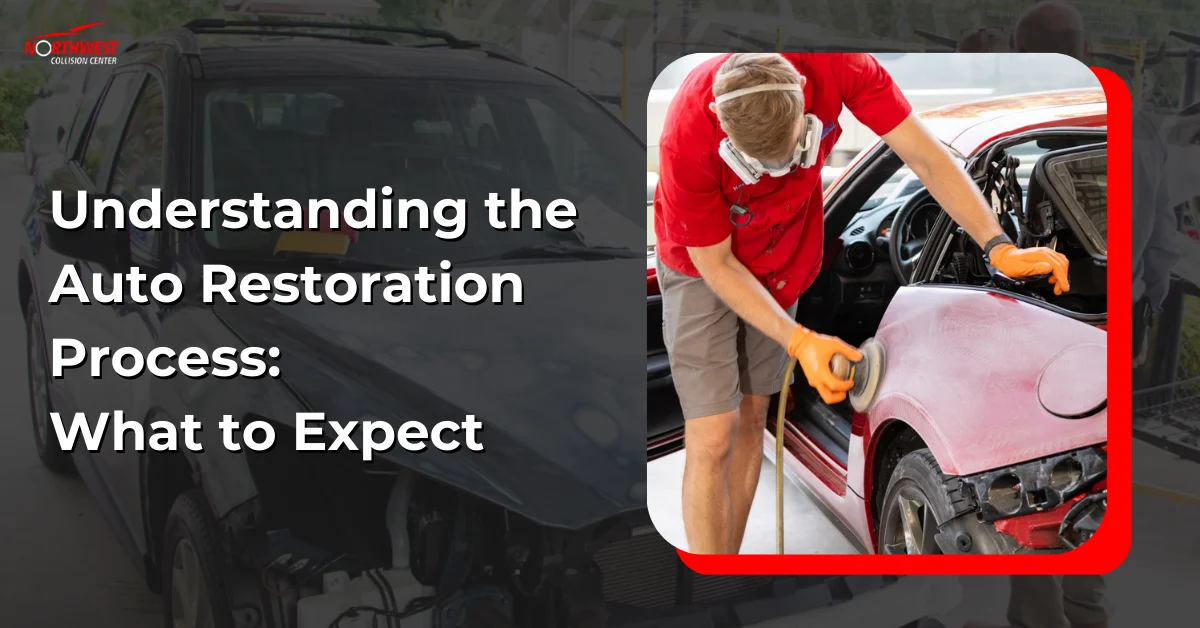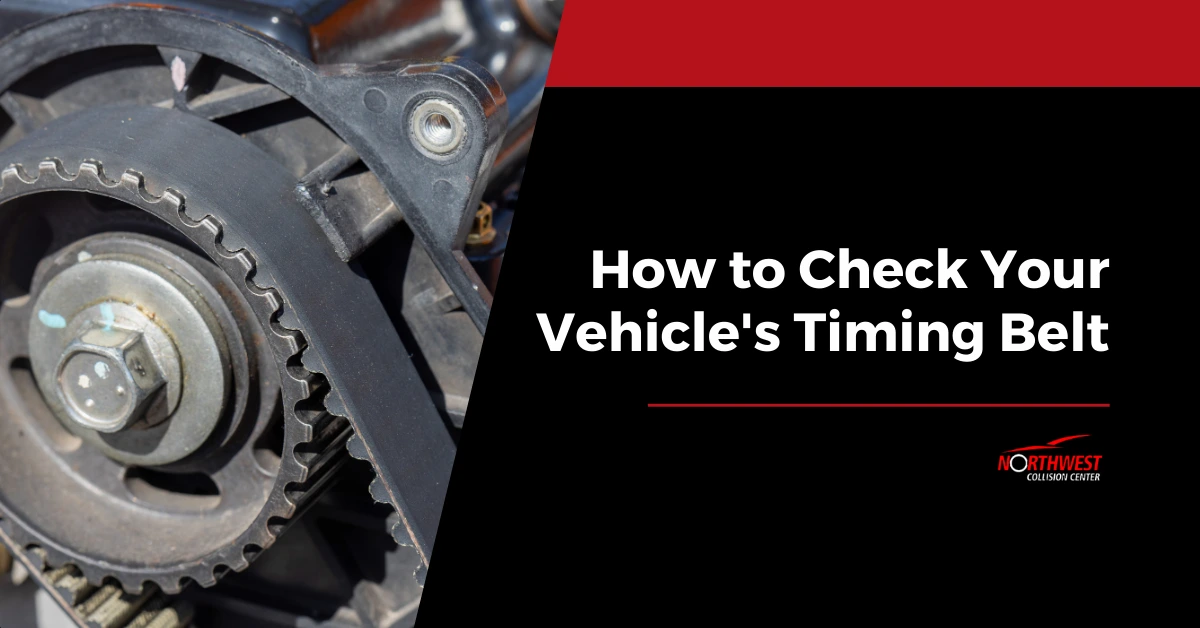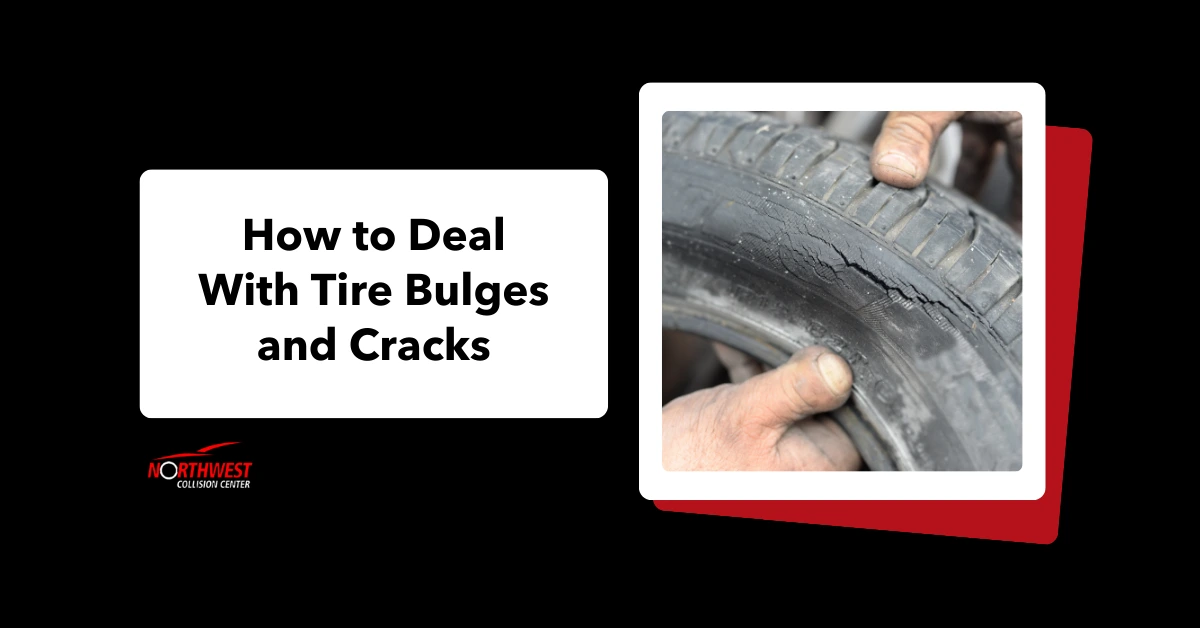The five basic maintenance tasks to keep your car running smooth and safe include sticking to scheduled maintenance services, understanding your car through its owner’s manual, carrying out regular oil changes, monitoring tire pressure, and routinely checking all car fluids. Scheduled services protect against serious issues like engine failure. Explore your owner’s manual for model-specific advice and guidelines. Remember, your engine thrives on fresh oil, and your tires need the right pressure for peak performance. Checking fluids such as engine oil, coolant, brake and power-steering fluids impact your vehicle’s overall performance. Peel back just one more layer and you’ll find even more ways to boost your vehicle’s longevity.

Key Takeaways
- Regular oil changes, typically every 3,000 to 5,000 miles, are crucial for engine performance and longevity.
- Checking and maintaining the correct tire pressure contributes to vehicle safety and performance.
- Regular checks of car fluids like engine oil, coolant, and brake fluid are vital for overall vehicle health.
- Reading and following the maintenance instructions in the owner’s manual can prevent unnecessary repairs and breakdowns.
- Ensuring the brake system’s integrity through regular checks and maintenance is essential for vehicle safety.
Don’t Skip Scheduled Car Maintenance Services
In the bustling world we live in, it’s easy to overlook your scheduled car maintenance services. But you shouldn’t. Regular maintenance is the lifeblood of your vehicle; it’s the key to maintaining performance, ensuring safety, and prolonging the life of your car.
Ignoring it might seem harmless at first, but it can lead to serious problems down the line. Imagine cruising down the freeway, and out of nowhere, your engine fails. A terrifying thought, right? That’s a potential consequence of neglecting car maintenance.
Think of your car as an athlete; regular training and health checks guarantee top performance. Your vehicle’s oil, for example, is its lifeblood. It keeps the engine running smoothly and efficiently. Neglect it, and the engine could seize due to poor lubrication.
Then there’s the brake system, a crucial component in ensuring your safety on the road. Worn-out brake pads or low brake fluid can lead to brake failure at the worst possible time.
In short, don’t skip your scheduled car maintenance services. They’re more than just a box to tick; they’re essential for your car’s health and your safety.
Read Your Owner’s Manual
Your car’s owner’s manual isn’t just a thick booklet stashed away in your glove compartment; it’s an essential resource filled with detailed instructions on how to maintain your vehicle effectively.
It’s the go-to guide tailored specifically for your car’s make and model, providing insights you won’t find anywhere else.
Ignore it, and you’re missing out on valuable, model-specific advice designed to keep your car running smoothly.
It’s a roadmap to your car’s health, packed with information on ideal tire pressure, recommended fuel types, and the best time to replace essential components such as belts and filters.
Reading and understanding your owner’s manual can save you a lot of time, money, and stress in the long run.
It’s your first line of defense against unnecessary repairs and breakdowns.
It helps you troubleshoot minor issues before they become major problems.
The Importance of Oil Changes
Regular oil changes are one of the most critical maintenance tasks for your car’s longevity and performance. Think of the oil as your car’s lifeblood. It lubricates and cleans the engine, reducing friction and preventing overheating.
But over time, oil breaks down and collects dirt from the engine. That’s why you must replace it regularly. It’s not enough to just top it off. Old, dirty oil can’t perform its job effectively and can lead to engine damage, poor fuel economy, and even complete engine failure.
So how often should you change your oil? Most manufacturers recommend every 3,000 to 5,000 miles, but this can vary depending on your car’s make, model, and year, as well as your driving habits. If you’re frequently in stop-and-go traffic or have a heavy foot, you’ll need changes more often.
And don’t forget the filter! The oil filter traps dirt particles that could damage the engine. It needs to be replaced with each oil change to guarantee your engine stays clean and runs smoothly.
Regular oil changes are a small investment that can save you big in the long run.
Check Your Tire Pressure
Maintaining the correct tire pressure is essential for your car’s safety and performance. Under-inflated tires generate more heat due to increased friction, increasing the chances of a blowout. Over-inflation, on the other hand, makes your tires more susceptible to damage from potholes or debris on the road.
You should check your tire pressure at least once a month. It’s best to do this when the tires are cold, as heat can cause the air inside them to expand, giving a false reading. Use a reliable tire pressure gauge for this task. You can find the recommended pressure for your car’s tires in the owner’s manual or on a sticker usually located on the driver’s side door jamb.
If your tires need air, fill them up at a gas station with an air pump. Be careful not to overinflate. If you find that a tire is consistently losing air, it’s important to have it checked by a professional. A slow leak mightn’t be immediately noticeable but can lead to serious problems down the road.
Get Your Car’s Fluids Checked
A significant piece of the vehicle health puzzle is having your car’s fluids checked. These fluids, often overlooked, are the lifeblood of your car’s mechanical system. They guarantee everything runs smoothly, and neglecting them could lead to dire consequences.
The key fluids include engine oil, coolant, power steering fluid, brake fluid, transmission fluid, and windshield washer fluid. Regularly checking these fluids can prevent potential problems, keeping your car running efficiently and extending its lifespan.
Engine oil, the most critical fluid, lubricates the engine, reducing friction and wear. Low or dirty oil can cause your engine to seize.
Coolant absorbs engine heat and dissipates it through the radiator. Without it, your engine could overheat, leading to a breakdown.
Power steering fluid guarantees smooth steering, while brake fluid is essential for your car’s braking system. Low brake fluid can result in spongy brakes or even brake failure.
Transmission fluid is another necessary lubricant that helps in smooth gear shifts. Finally, windshield washer fluid improves visibility, guaranteeing safer driving.
Frequently Asked Questions
What Are the Best Methods for Maintaining My Cars Exterior Aesthetics?
Regular washing, waxing, and polishing maintain your car’s exterior aesthetics. Promptly repair dents, scratches, or rust. Replace worn-out parts, and consider professional detailing for a pristine look. It’s about upkeep and immediate attention to damages.
Why Is It Crucial to Repair Minor Body Damages Promptly?
Promptly repairing minor body damages is essential. It prevents them from worsening and costing you more. It also maintains your car’s aesthetic appeal, ensuring it reflects your personality, and retains its value over time.
How Often Should I Have a Professional Technician Inspect My Car?
You should have a professional technician inspect your car at least once a year. Regular inspections prevent minor issues from becoming major problems, ensuring your car’s longevity and your safety on the road.
How Do I Maintain the Value of My Car After an Accident?
After an accident, it’s essential you consult a professional technician immediately. They’ll assess and repair any damages accurately, restoring your car’s aesthetics and functionality, thereby maintaining its value. Regular maintenance is also vital post-accident.
What Are the Benefits of Using Digital Color Matching for Paint Restoration?
Using digital color matching for paint restoration guarantees precision. It’s a tech-savvy method that eliminates guesswork, providing an exact match to your car’s original color. You’ll benefit from a seamless, professional finish, enhancing your vehicle’s aesthetic appeal.
Conclusion
So, you’ve journeyed with us down the road of essential car maintenance. Remember, like the legendary knight preparing his steed for battle, your steed – your car, deserves the same meticulous care. Follow these steps diligently, and your trusty ride will reward you with unwavering performance and longevity. Don’t just be a car owner; be a car enthusiast. With knowledge and care, you’ll keep your car running like a dream, mile after mile.










